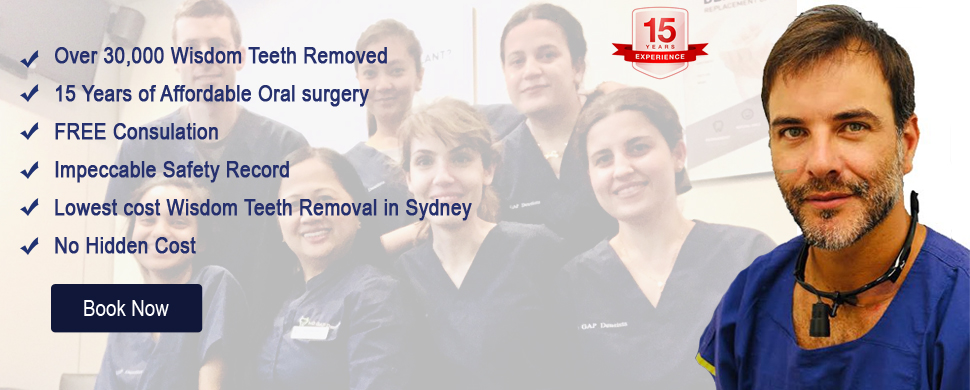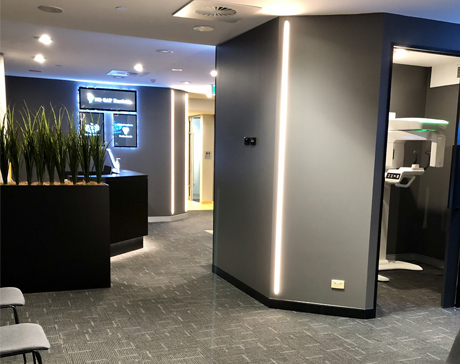Teeth grinding – or its medical name, bruxism – is a condition that many of us experience at some point in our lives. Stress and anxiety is a common culprit behind the grind, but for some of us, teeth grinding is the instinctive reaction to a disturbed sleep cycle, and more seriously, a condition called sleep apnea .
People afflicted with sleep apnea have trouble getting restful sleep, often waking up with fatigue and lacking concentration throughout the day. While their partners and loved ones might tease sufferers for their excessive snoring and waking them up not-so-lovingly through the night, the underlying cause could be a much more serious matter.
You’d be surprised that many of us experience sleep apnea at some stage in our lives. Children often grind their teeth when both their baby and adult teeth come through.
But for adults, a staggering 2 in 5 women or 3 in 10 men suffer from sleep apnea and write it off as stress or poor sleep. The fact of the matter is, grinding our teeth is an instinctive reaction during deep stages of sleep, when the body relaxes the muscles too much and our jaw and tongue heavily obstruct our airways.
Not treating the root of the teeth grinding problem is dangerous and can result in other issues beyond oral health. Those afflicted with sleep apnea don’t just put their teeth at risk of excessive damage, such as fracturing, loosening and even in chronic cases, tooth loss withered down to stumps. They are also susceptible to higher blood pressure, stroke, diabetes, a faster ageing process, memory loss, depression, irritability, lower sex drive and other symptoms if left untreated. So the next time you wake up with a throbbing head or a sore jaw, it might be time to dig a little deeper.
7 ways to banish the habit:
1. Address the stress
Once you address the stress – in other words, acknowledging you have a habit of clenching or grinding your teeth – you are one step closer to recovery.
2. Relax
Apply a warm face washer to the sore areas, gently massage the tenderness and try relaxation exercises to loosen up your jaw and teeth.
3. Drink healthier
Put down the wine and the coffee – the less alcohol and caffeine you consume, and the more water you drink, the better your condition will be.
4. Exercise more
Everyone and their dog knows that exercise is good for you! Start pounding the pavement to elevate your heart rate and you’ll relieve tension thanks to flowing endorphins.
5. Don’t chew gum
Chewing gum will only exacerbate the problem further.
6. Seek help
Checking in with a therapist or counsellor could help address other underlying issues intertwined with your suffering and make you relax more.
7. Visit a dentist
If you’ve tried all of these remedies, a trip to a dentist who knows how to treat teeth grinding and sleep apnea is vital to maintaining good health, inside and out.
Contact Dr Paulo Pinho and his team of trained professionals who specialise in relieving you of your pain and suffering!



